Yes, the pandemic has halted all our travel plans, and we might be confined to the boundaries of our own homes. But things are slowly getting back to what we now call — the new normal. And futurists believe global mobility startups and leading aerospace companies are working on exciting new technologies which can change the way we would plan our long and short distance travels. Uber is working with six aircraft manufacturers to design an electric aircraft that’s able to both take off and land like a helicopter and carry four passengers and a pilot. Google co-founder and Alphabet CEO Larry Page has developed three all-electric flying vehicles.
Future of urban air mobility in Europe
In this scenario, what are European air mobility startups doing? Let’s find out!
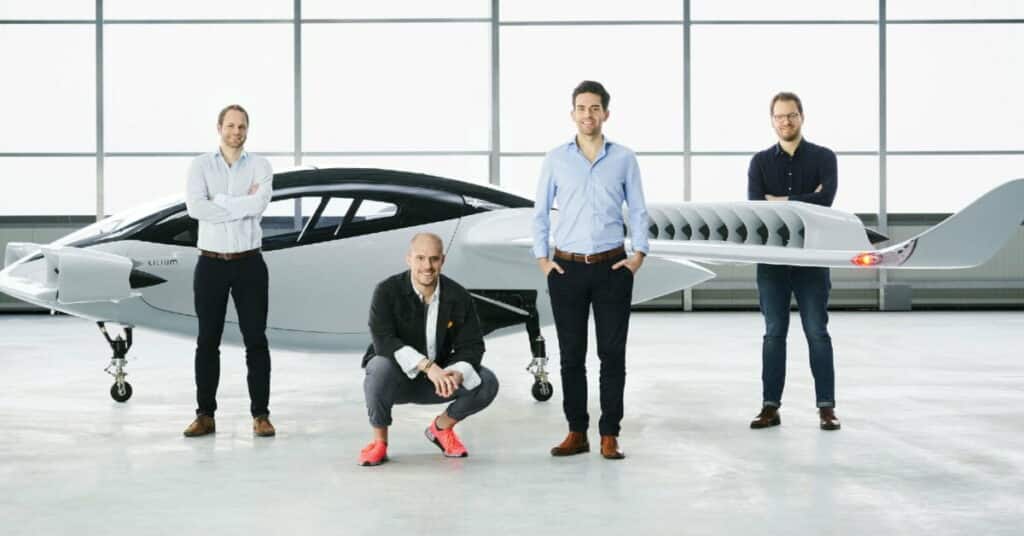
Lilium (Germany)
Munich-based air taxi startup Lilium completed the prototype of its first all-electric jet, which is a five-seater air taxi. The Lilium Jet is an electric vertical take-off and landing (eVOTL) aircraft that went on a trial in Germany last year.
The ambitious German air mobility startup is expected to operate a fleet of Lilium Jets between Manhattan to Kennedy International Airport in just 10 minutes for a cost of $70 (nearly €62) per seat. What’s noteworthy is that the all-electric aircraft is operated by batteries that can last up to a range of 186 miles at a top speed of 190 miles per hour.
In a recent development, Lilium bagged an additional investment of $35 million (nearly €30 million) from Baillie Gifford. It comes after three months after Lilium raised a little over €200 million. With this investment, the valuation of the company established in 2015 by Daniel Wiegand, Sebastian Born, Matthias Meiner and Patrick Nathen surpassed $1 billion and its overall funding is €330 million. And, the company will focus on the development of the Lilium Jet and its serial production at its recently completed manufacturing facilities.

Volocopter (Germany)
Volocopter, a German air taxi startup is one of the companies that is working to make short-distance air travel a reality in the coming years. It carries the credits of being the first vertical take-off and landing (VTOL) company to get the ‘Design Organisation Approval’ from the European Aviation Safety Authority.
Volocopter is in plans to launch a new vehicle called VoloCity, which is its fourth-generation eVOTL aircraft. VoloCity is touted to be more powerful than its predecessors with an airspeed of 110 km/h and a range of around 35 km. It features 18 rotors and can ferry two passengers. Volocopter already carried out a public flight over the Marina Bay Reservoir in Singapore to display a full-scale VoloPort prototype and demonstrate the maturity of this technology.
With the intention to make air transport a common means of commute, Volocopter founded by Alexander Zosel and Stephan Wolf in 2011 announced the extension of its Series C funding round to raise a total of €87 million in February this year. Eventually, the overall funding raised by Volocopter is €122 million. The investment will be used for the certification of the VoloCity and the development of the second-generation VoloDrone, its heavy-lift cargo drone.
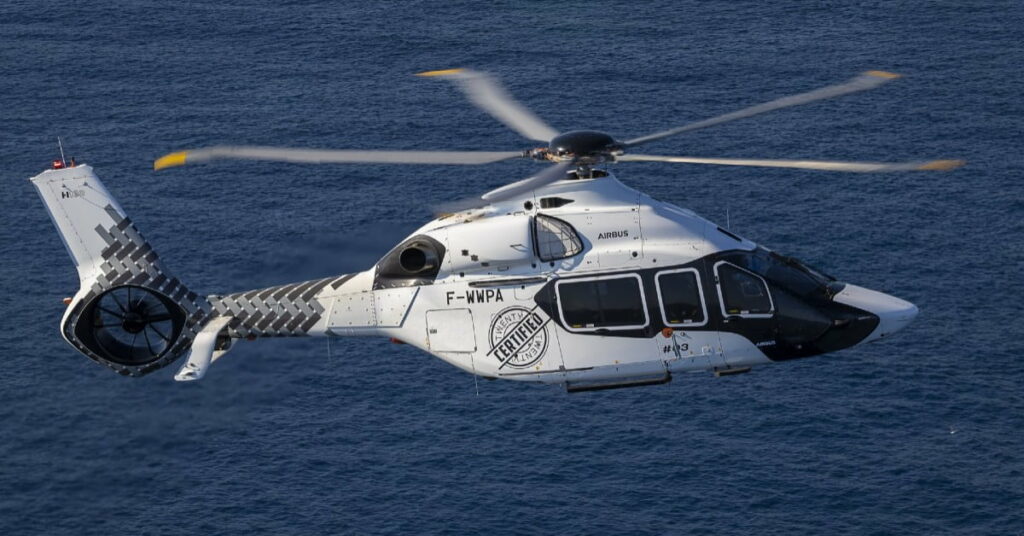
Airbus (Netherlands)
European aerospace agency Airbus is involved in the development of two electric UAM vehicles to provide short-haul flights across major cities that are congested and for commutes between suburbs and city centres at a competitive pricing than road transport.
Airbus developed its first autonomous eVOTL called Vahana demonstrator developed by its Silicon Valley team. The self-piloted air taxi is touted to ferry a single passenger in a forward-facing cockpit. This prototype is claimed to deliver a range of 31 miles or up to 20 minutes of flight time. Already, Vahana completed 114 flights back in early 2018.
Airbus is working on a second aerial taxi called CityAirbus, which is under testing. CityAirbus is an all-electric mulicopter eVTOL vehicle with four seats and is unmanned as well. Its maiden take-off happened in May at a cruising speed of nearly 75 miles per hour with up to 15 minutes of flight time. Airbus is focused on investing in its UAM technology in the form of its ride-hailing helicopter service wherein flights start at $215 (nearly €190).

Wingcopter (Germany)
Wingcopter is an award-winning German manufacturer of unmanned eVTOL aircrafts dedicated to improving the lives of people all over the world with commercial and humanitarian applications. The primary focus of this company is to deliver goods, food and parcels.
Currently, Wingcopter operates in ten countries across the world. The company is in plans to test new delivery applications in the USA. Wingcopter deploys its patented tilt-rotor mechanism, which bridges the gap between commercial drones, helicopters, and fixed-wing aircraft. Its electrically powered drones can take off and land vertically in the smallest of spaces and transform into unmanned aeroplanes in a matter of seconds. This enables ranges of up to 75 miles/120 kilometres in one flight and a Guinness world record speed of 150 miles/240 kilometres per hour.
Founded by Tom Plümmer, Jonathan Hesselbarth, and Ansgar Kadura in 2017, Wingcopter secured financing from Singapore-based Corecam Capital Partners in late 2019. With this investment, the German company plans to accelerate the development of the next Wingcopter generation and expand its global maintenance and sales network.
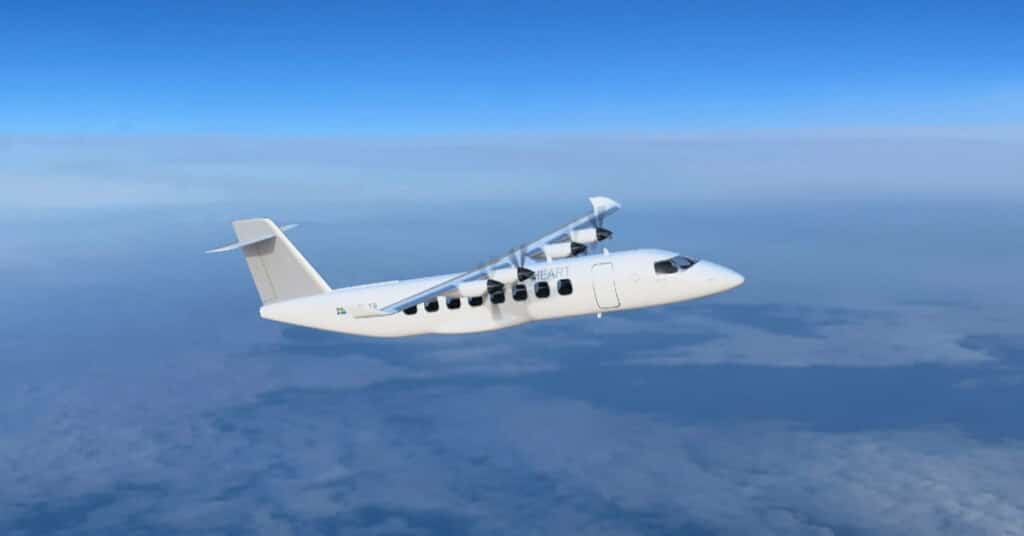
Heart Aerospace (Sweden)
Swedish air mobility startup Heart Aerospace operates with the mission to create the most affordable, fastest, and sustainable transportation for regional travel across the world. The company’s first aircraft is the ES-19, which is a nineteen-passenger airliner. It is touted to operate with a range of 400 km and has been certified for commercial operation by 2025.
Initially, the planes of Heart Aerospace will offer point-to-point transportation between Scandinavian cities, before expanding operations to the rest of the world. The Y-Combinator alumni founded in 2018 by Anders Forslund allows for an effective replacement of conventional small aircrafts on regional routes. It has also received support from the Swedish government to electrify aviation. And, it works with the intention to fully electrify domestic air travel by 2040. To date, Heart Aerospace has pocketed €1.9 million that helps it achieve its ambition.
If you know any startup in the urban air mobility segment that we have missed in the list, let us know, we will put your message across.
Main image picture credits: Lilium



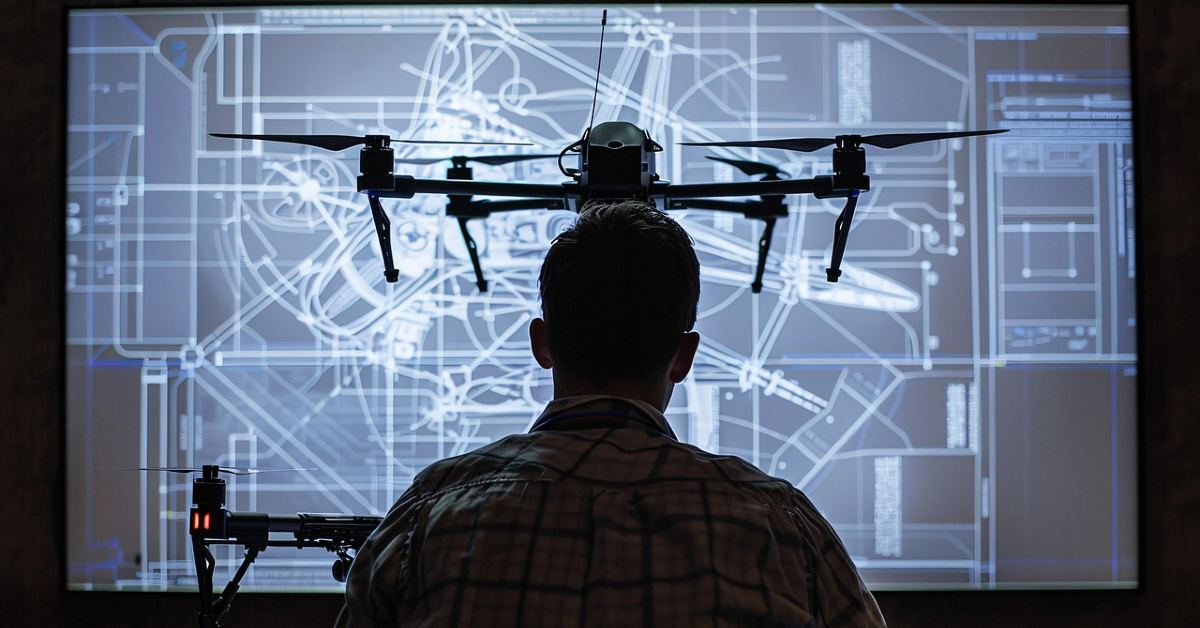



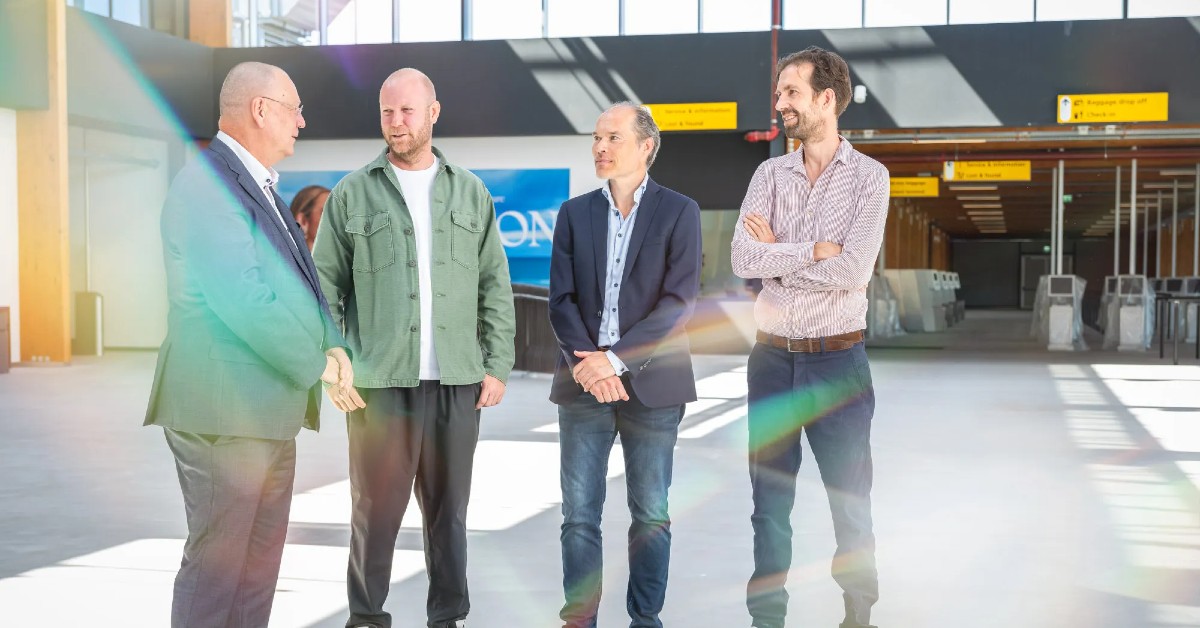


01
From telecom veteran to Dutch Startup Visa success: The Jignesh Dave story